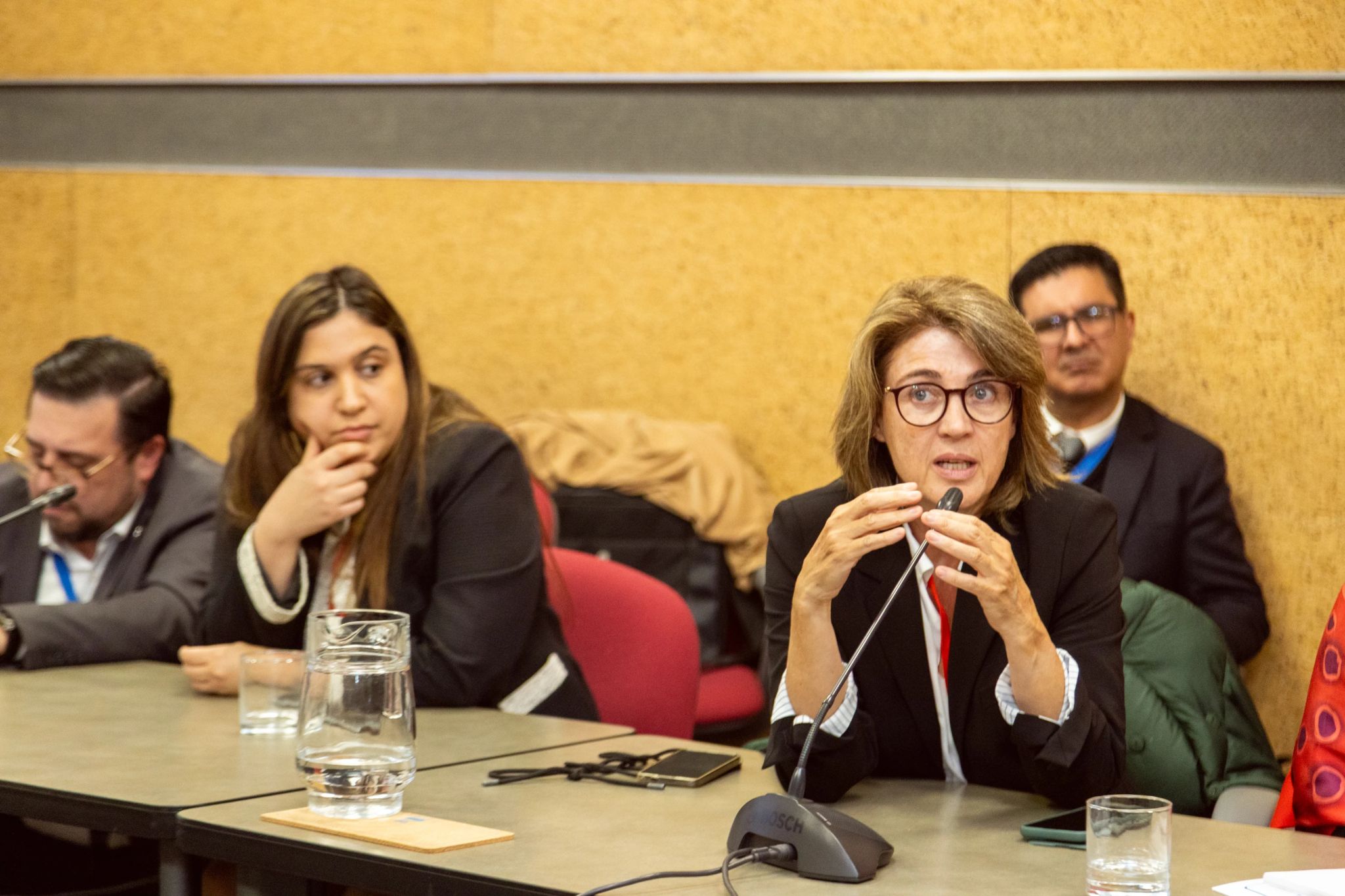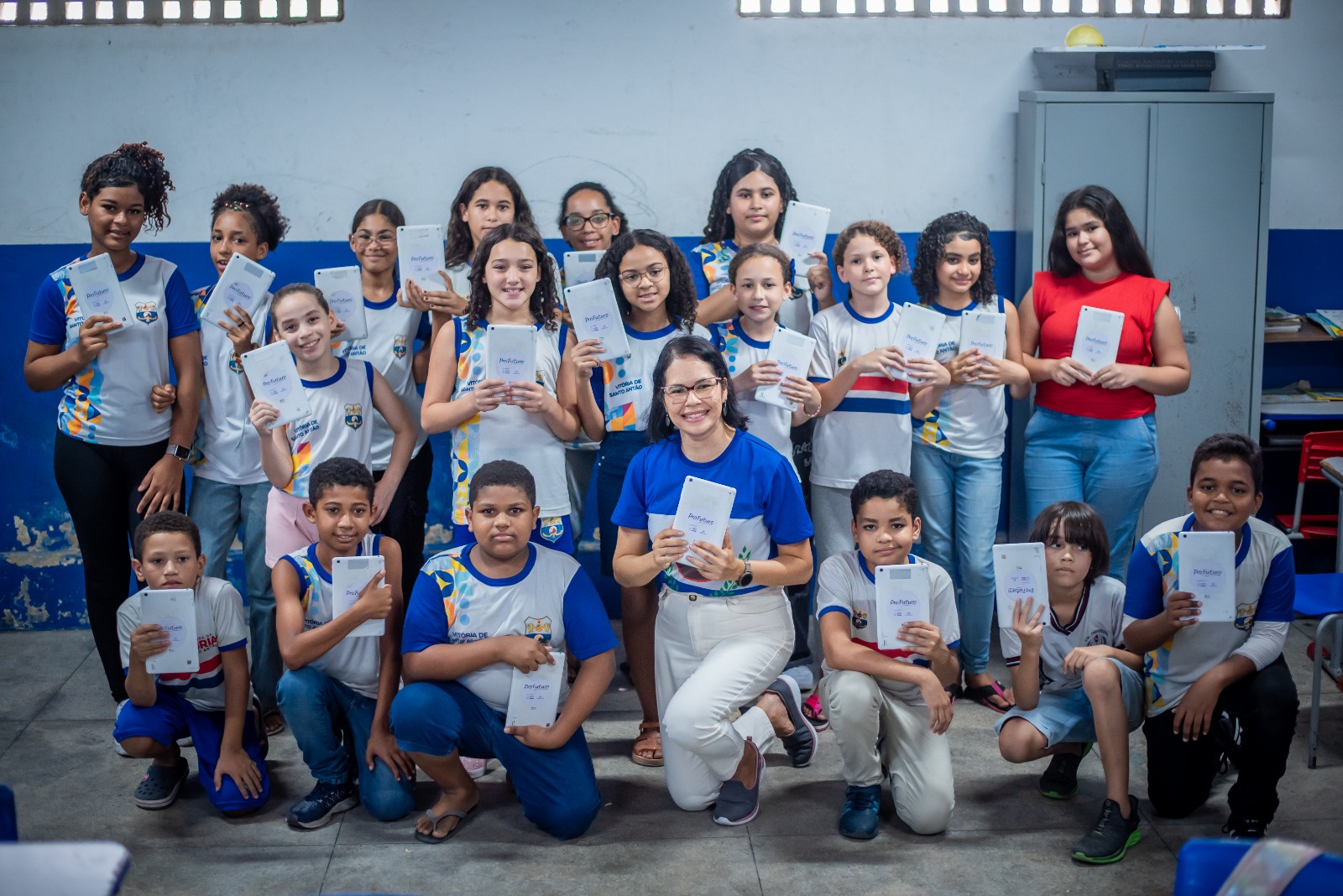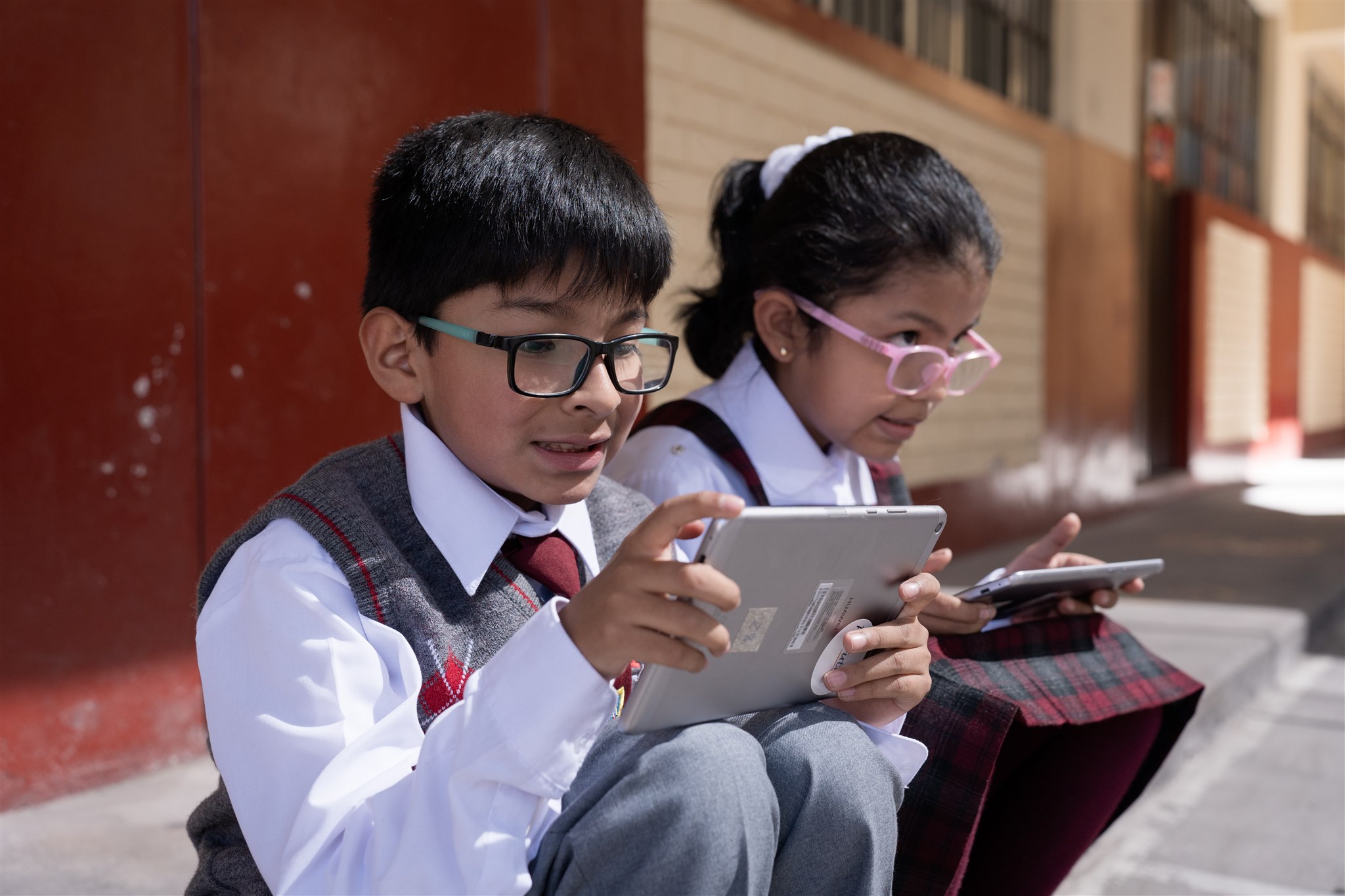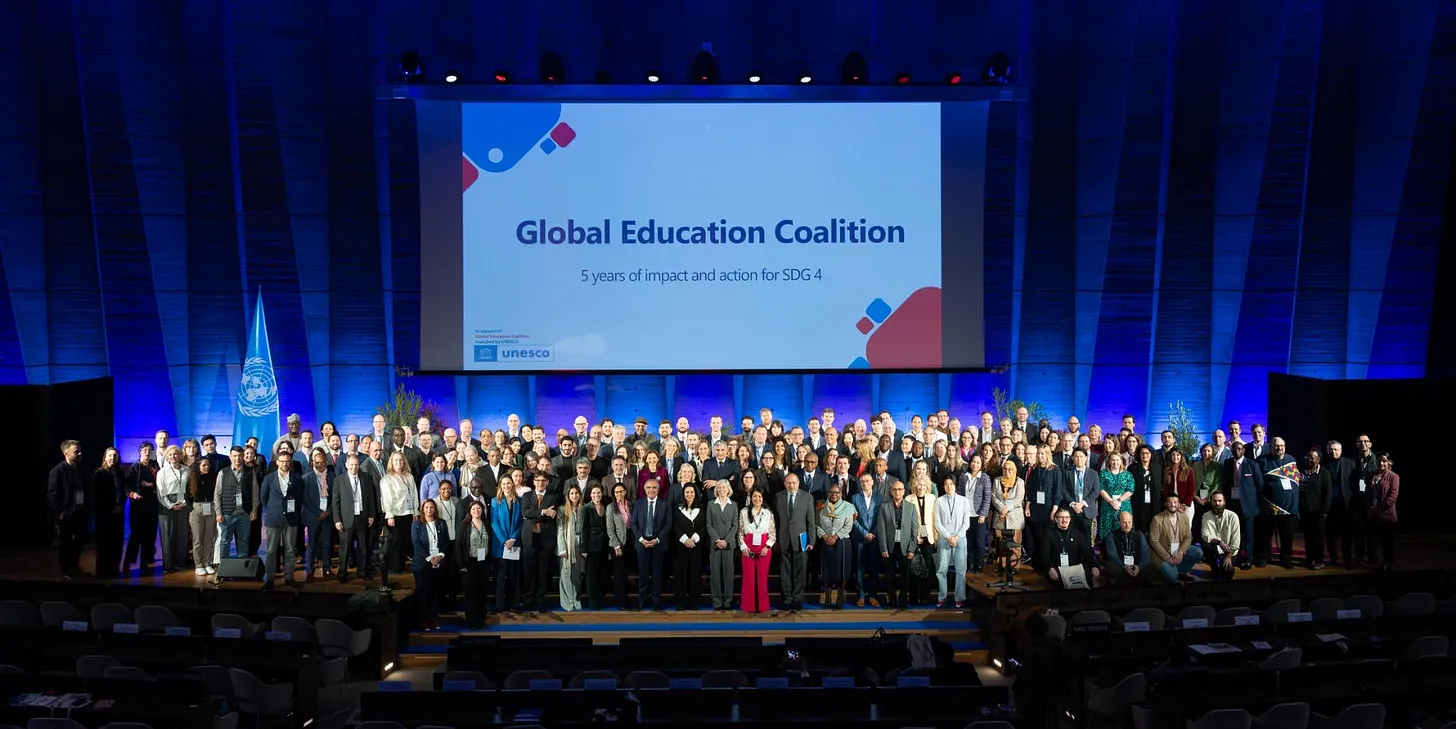Santiago de Chile was the stage for the UNESCO World Teachers’ Summit, a space to discuss the future of education. Held between 28 and 29 August, the event aims to address the global challenge of teacher shortages and promote sustained support for teachers in a complex economic and socio-political context. Participants included ministers, teacher representatives, international organisations and key education stakeholders for a high-level dialogue on teacher policy, financing, innovation and inclusion.
Magdalena Brier, CEO of ProFuturo, spoke at the session ‘The impact of artificial intelligence on teacher development and pedagogical practices’. In her presentation, she shared how ProFuturo has spent almost a decade supporting teachers as true agents of change, through training in pedagogical and digital skills tailored to each context.
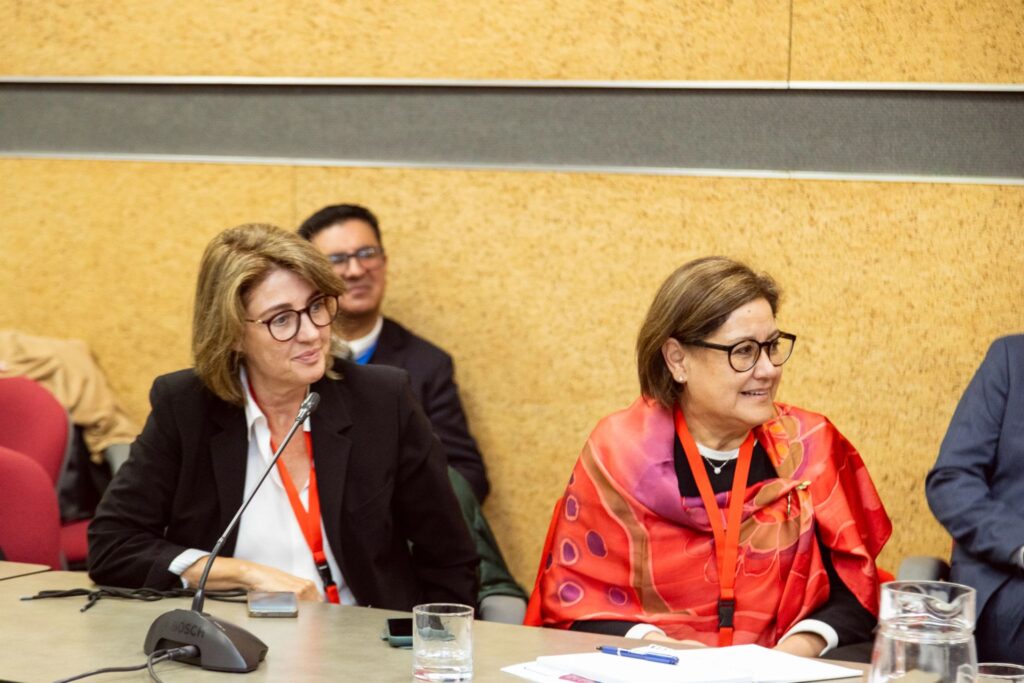
Brier also highlighted how artificial intelligence, if integrated inclusively and sustainably, can help strengthen teaching capacity at scale, reduce inequalities and open up new learning opportunities, even in resource constrained environments.
“As a result of our consolidated track record in training teachers in digital skills, AI has been incorporated into our training catalogue,” she affirmed. “Since last year we have been offering training for teachers on the use of AI, and this year we are expanding the training catalogue in collaboration with Charles Fadel’s Centre for Curriculum Redisign, among others”.
But beyond this training dimension, AI is also embedded in ProFuturo in other ways: from the virtual agent Dora, which helps teachers improve their training experience, to the ProFuturo Mathematics learning platform, adapted for use in low- or no-connectivity environments. To date, more than 14 million exercises have been completed on this platform from schools without connectivity.
As a final reflection, ProFuturo’s CEO quoted Seiji Isotani, current president of the International Artificial Intelligence in Education Society, who warns that AI in Education has become a new source of educational inequity. “That is why, to close my contribution, I want to stress the importance and urgency of exploring possible uses of AI also in disconnected or low-tech contexts, so as not to further deepen the already severe digital and educational divide.”



